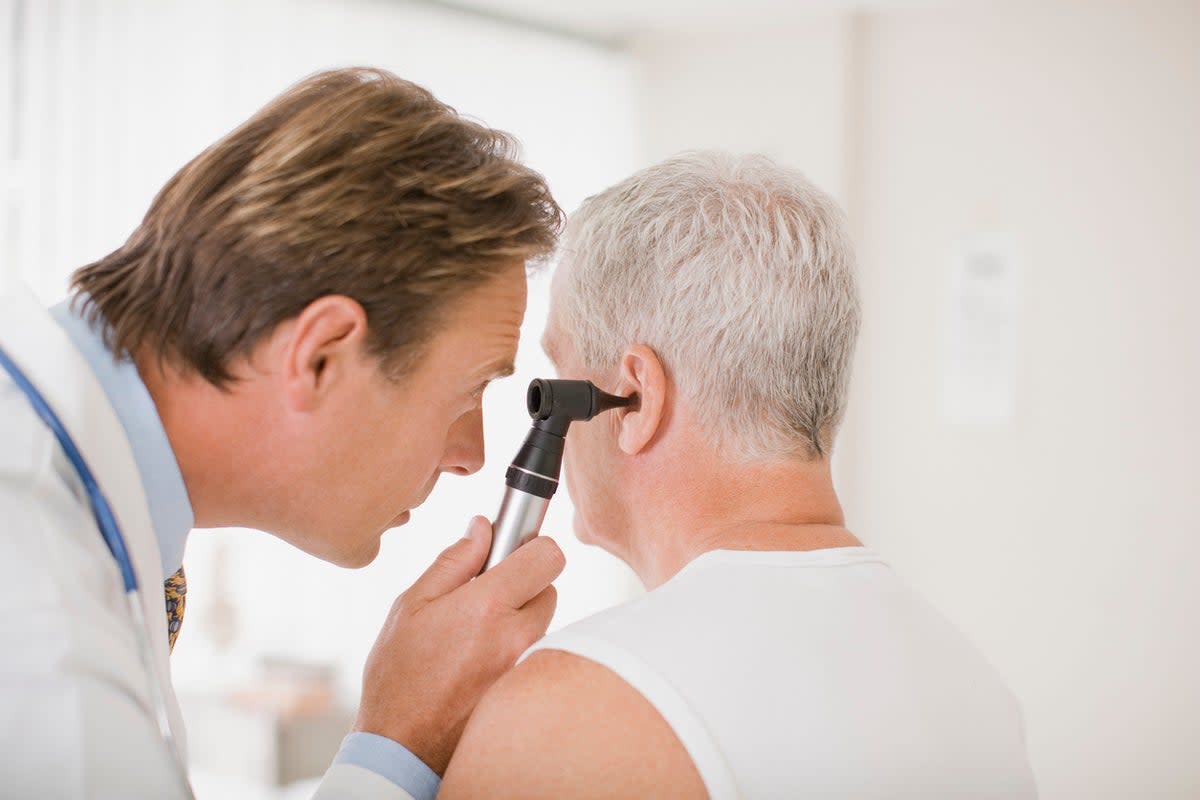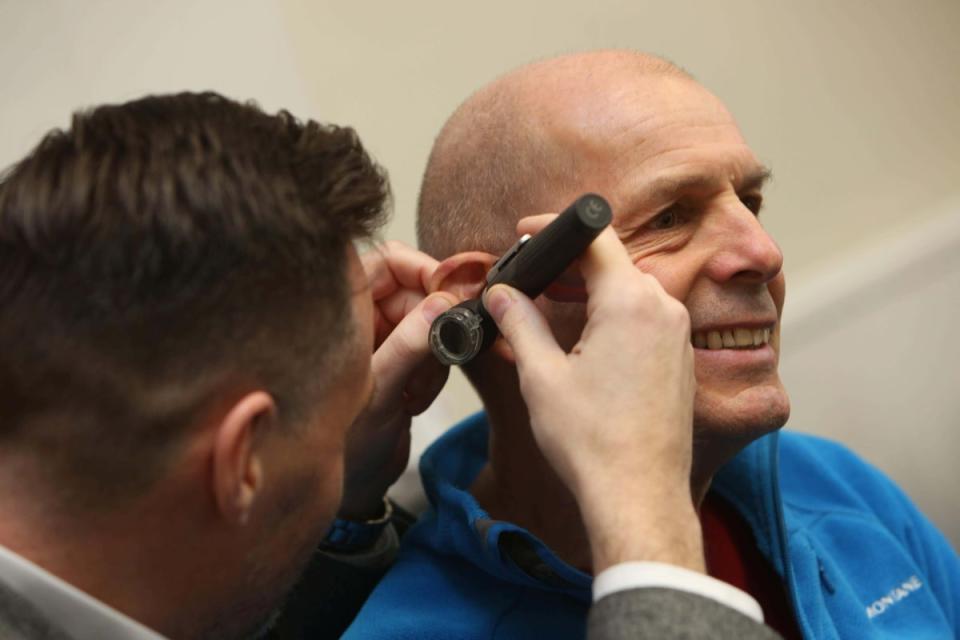Millions unable to get routine ear care due to NHS ‘postcode lottery’ - how is your area affected?

The worst areas for ear wax removal services have been revealed as campaigners warn that patients face a “post code lottery” for treatment.
Swathes of the country offer no services at all while others provide only limited access as a charity warns that people could be left with “painful and distressing symptoms”.
Some 10 million people across England do not have access to NHS ear wax removal services, according to Hearing loss charity RNID, which warned that patients are being forced to pay for care.
Integrated care system (ICS) areas Birmingham and Solihull, Cornwall and the Isles of Scilly, Dorset, Mid and South Essex, North West London, South West London and Suffolk did not offer patients any services.
ICSs are partnerships of organisations that come together to plan and pay for health and care services to improve the lives of people who live and work in their area.
They were introduced last year to replace clinical commissioning groups.
Buckinghamshire, Oxfordshire & West Berkshire, Hampshire and the Isle of Wight and Herefordshire and Worcestershire offered restricted access to commissioned services.
Bristol, North Somerset and South Gloucestershire, Norfolk, Staffordshire and Stoke-on-Trent and Derby were among some of the areas offering ear wax removal services in all areas.
Hearing loss charity RNID said that people are being forced to pay for private health care – with a price tag of up to £100 – or “risk dangerous self-removal methods”.
It said there is a “postcode lottery” of care for patients but there is “no medical reason” for the withdrawal of the service in certain parts of the country.
An RNID report states that less than half of local health bodies are providing these services to patients, against guidelines from the National Institute of Health and Care Excellence.
The guidelines say that ear wax removal services should be provided in GP surgeries or other local ear care services.
The charity sent Freedom of Information requests to all 42 integrated care boards across England, with 40 responses. Only 18 said they were fully commissioning services in line with current guidelines while seven said that none was commissioned at all.
The charity estimated that 9.8 million people do not have NHS access as it called on the government to make sure people can get NHS care in every part of England.
“Ear wax removal is not a luxury, a ‘nice to have’, or a cosmetic procedure. It is a service that is vital for people’s quality of life and wellbeing,” the authors of the RNID report said.

Around 2.3 million people need ear wax removal services every year in the UK, and it is more commonly needed among older people, hearing aid users and people with a learning disability.
Ear wax build-up can cause symptoms including hearing loss, tinnitus and earache.
Victoria Boelman, director of insight and policy at RNID, said: “It’s absolutely wrong that people in England who need ear wax removal to be able to hear and take part in everyday life are being left to face painful and debilitating symptoms, forced to fork out for private treatment, or risk dangerous self-removal methods.
“There is no medical reason for the withdrawal of this vital service, which is essential for 2.3 million people in the UK.
“This report exposes a horrifying reality for thousands of people being let down by commissioners who are neglecting public health guidelines.
“We’re calling for the Department of Health and Social Care to commission an urgent review to ensure that everyone who needs ear wax removal can access local NHS provision, whenever they need it.”
A Department of Health and Social Care spokesperson said: “Audiology services that would carry out ear wax removal are delivered by local integrated care boards, who ensure provision of services that meet the needs of patients in their area.
“GPs can also refer patients where a build-up of ear wax is linked with hearing loss.”


